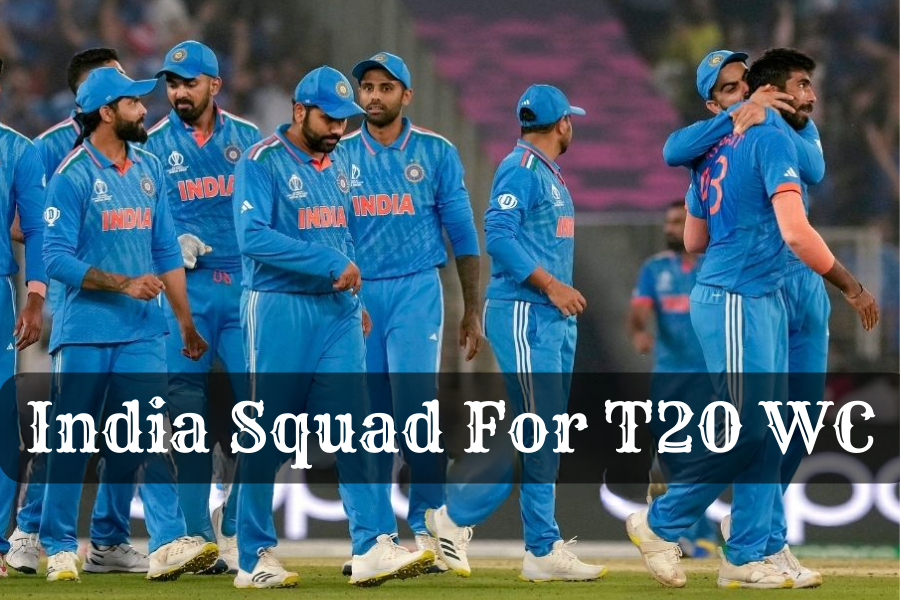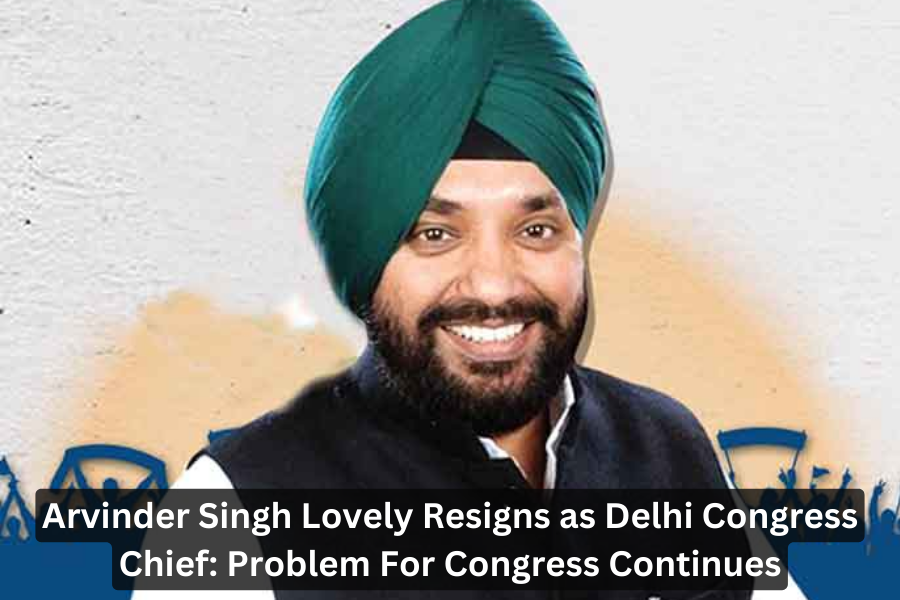Florida Governor Ron DeSantis Signs Bill to Restrict Children’s Access to Social Media
Posted on : March 26, 2024 By Santo

Table of Contents
Florida Governor Signs Bill to Restrict Children’s Access to Social Media
In a significant move to safeguard the mental health of minors, Florida Governor Ron DeSantis has approved a bill that imposes restrictions on children’s usage of social media platforms. The legislation, signed on Monday, prohibits children under the age of 14 from accessing social media and mandates parental consent for 14- and 15-year-olds.
The bill also mandates social media platforms to deactivate accounts belonging to individuals under 14 and those aged 14 to 15 who lack parental consent. Additionally, it necessitates the implementation of third-party verification systems to prevent underage users from accessing these platforms.
Initially proposed as a complete ban on social media for individuals under 16, the bill was revised to accommodate parental rights. Florida Governor DeSantis, highlighting the detrimental effects of social media on children, emphasized that the legislation empowers parents to safeguard their children effectively. Proponents of the bill argue that it will mitigate the adverse impact of excessive social media usage on children’s mental well-being, which can manifest in conditions like anxiety and depression.

However, critics contend that the legislation encroaches upon the First Amendment rights of free speech and assert that decisions regarding children’s online presence should remain within the purview of parents rather than governmental intervention. Scheduled to take effect on January 1, 2025, this legislation represents a significant step towards addressing the challenges posed by social media to the younger generation’s mental health.
Why India Should Implement Similar Measures Like Ron DeSantis
India, being a country with a large youth population, stands to benefit from measures aimed at protecting children from the harmful effects of social media. Here’s why India should consider implementing similar regulations:
- Protecting Mental Health: With the proliferation of smartphones and internet access, Indian children are increasingly exposed to the risks associated with social media. Implementing regulations to restrict children’s access and ensure parental consent can help mitigate the negative impact on their mental health and well-being.
- Addressing Cyberbullying: Cyberbullying is a growing concern in India, with children being vulnerable to online harassment and abuse. By imposing restrictions on social media usage and enhancing parental oversight, India can take proactive steps to address cyberbullying and ensure a safer online environment for its youth.
- Promoting Healthy Development: Limiting children’s exposure to social media can encourage healthier lifestyle habits, including outdoor play, physical activity, and face-to-face interactions with peers. By prioritizing real-world experiences over virtual ones, India can promote the holistic development of its youth.
- Empowering Parents: Parents play a crucial role in guiding their children’s online behavior and ensuring their safety on social media platforms. Regulations that require parental consent can empower parents to make informed decisions about their children’s digital engagement and protect them from potential harm.
Addressing the Impact of the COVID-19 Pandemic
Moreover, amidst the ongoing COVID-19 pandemic, India has witnessed a surge in daily cases, leading to increased reliance on digital platforms for communication and entertainment. This trend has exacerbated the problem of social media addiction among the younger generation, diverting their attention from studies and productive activities. Implementing regulations to curb underage access to social media can help mitigate the negative consequences of excessive screen time and restore focus on academic and constructive pursuits.
Empowering Parents
Parents play a crucial role in guiding their children’s online behavior and ensuring their safety on social media platforms. Regulations that require parental consent can empower parents to make informed decisions about their children’s digital engagement and protect them from potential harm.
In conclusion, by acknowledging the harmful effects of social media on children’s mental health and well-being, India can take proactive measures to safeguard its youth and promote a healthier relationship with technology. Implementing regulations similar to those adopted by Florida can serve as a positive step toward achieving this goal.
Share this articlePosted on : March 26, 2024 By Santo
Join Our Club

"Stay Informed, Stay Ahead – Join Our Club Today!"



















